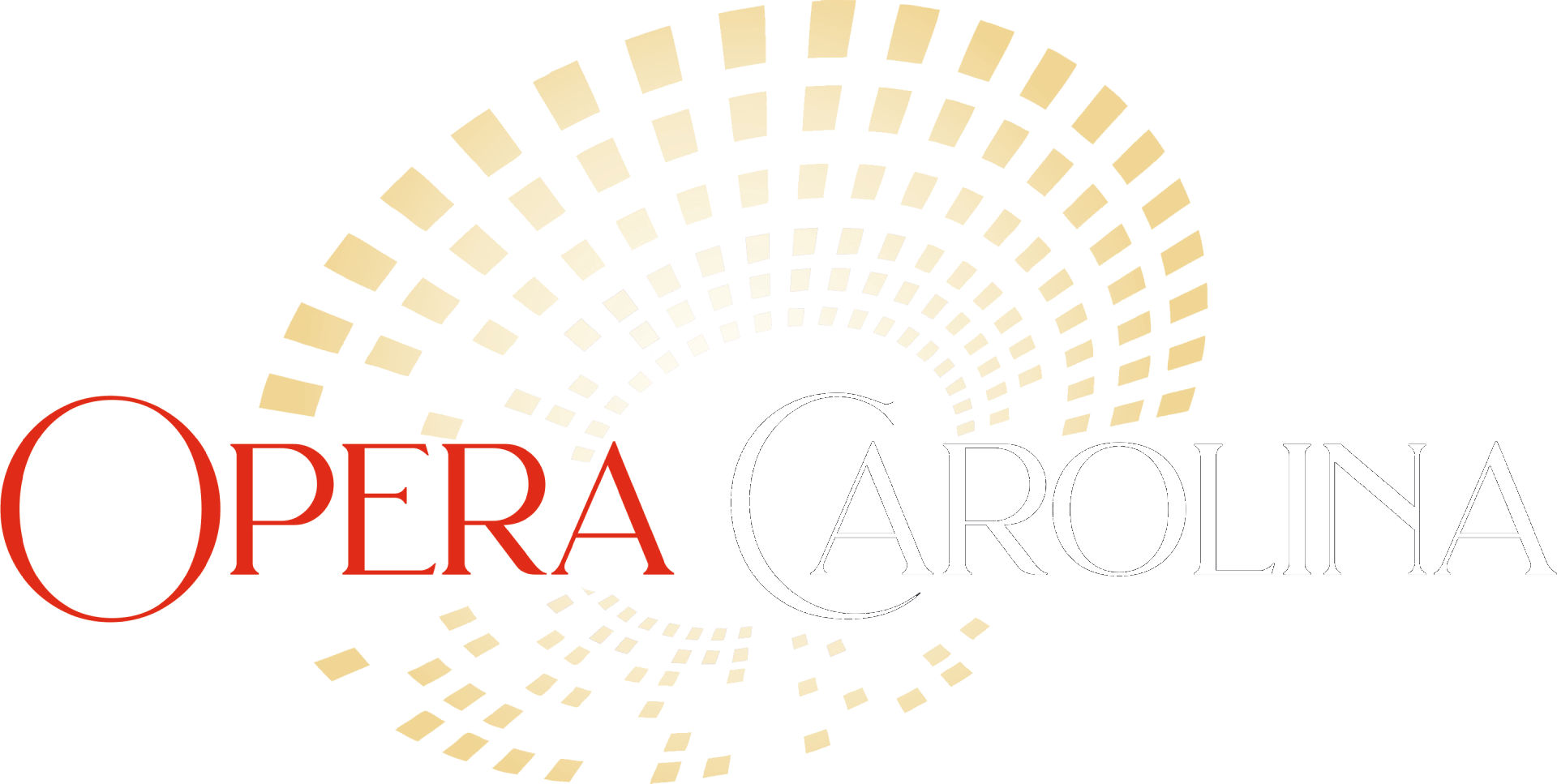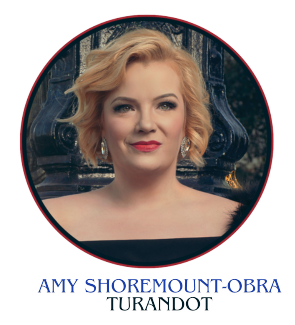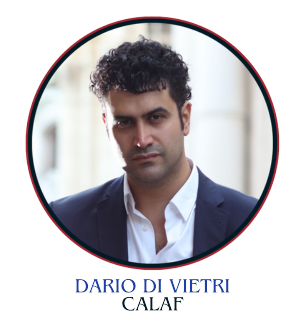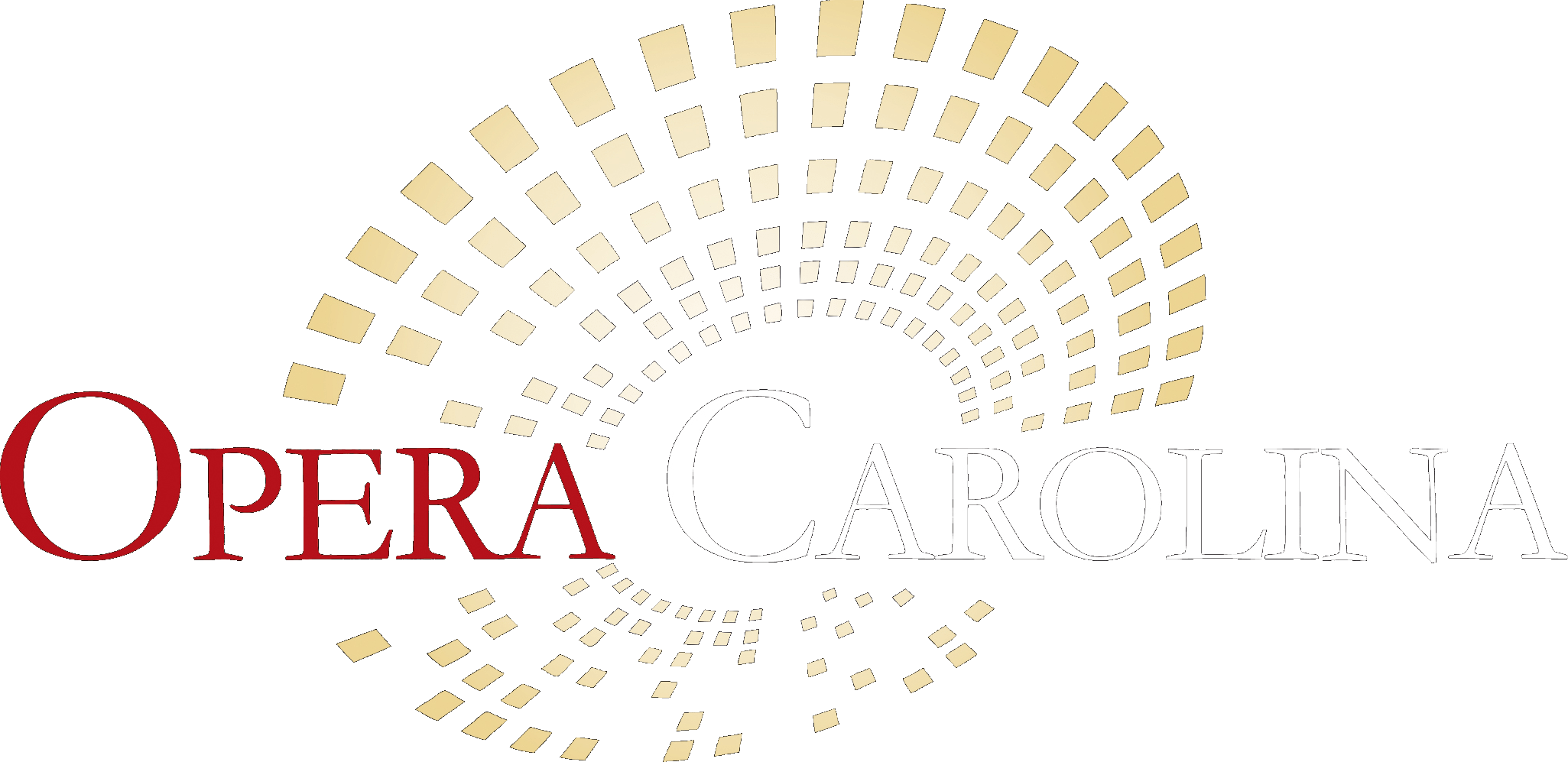

James Meena
General Director & Principal Conductor
Jay Lesenger
Director
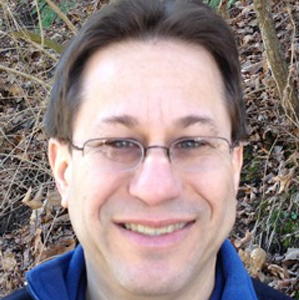
Michael Baumgarten
Lighting Designer
Production Team
Costumer, Allison Collins
Wig and Make-up Design, Martha Ruskai
Technical Director, Wilbert Ferguson
Turandot
ACT I
Turandot, daughter of Emperor Altoum, has decreed that she will only marry if a suitor of noble blood can answer three riddles. If he cannot, the price shall be his head. Her most recent suitor, the Prince of Persia, is to be executed at the moon’s rising. In the commotion outside the palace a blind man falls to the ground, and his companion, Liù, asks for help. They are aided by Calaf, who recognizes the man as his long-lost father, Timur, the banished ruler of his land. Calaf, like his father, is running from enemies and concealing his identity, and is known only as the Unknown Prince. Liù continues to aid Timur even in exile because years before, as she explains, Calaf bestowed a smile upon her.
The people impatiently await the beheading. As the Prince of Persia enters, the crowd is suddenly moved and pleads with the Princess to pardon him. Turandot appears and dispassionately confirms the Prince’s sentence with a silent gesture. Calaf immediately is entranced by her beauty. Timur and Liù try to convince the smitten Calàf that he must leave with them, but he breaks away and attempts to announce himself as a suitor. The three ministers of the Imperial Household, Ping, Pang, and Pong, warn him of his folly, to no avail. Liù begs him to listen, but Calaf ignores her entreaties and ceremoniously rings the gong, signifying his challenge for Turandot’s hand.
ACT II
Ping, Pang, and Pong prepare for the eventuality of a wedding or a funeral. They discuss their misery since Turandot reached marriageable age, numbering the many noble suitors who have met a deadly fate and reminiscing about life in their native provinces. Is there truly a man whose passion can melt Turandot’s icy heart? Their hopes are guarded.
A crowd assembles for the Trial of the Three Enigmas. Turandot devised this system to avenge her ancestress, Lo-u Ling, who was captured, raped, and put to death by marauding invaders. She offers Calaf one last chance to withdraw, but he stands firm. The first question is offered: “What is born each night and dies each dawn?” Calàf correctly answers “Hope.” Slightly taken aback, Turandot poses the next riddle: “What flares warm like a flame, yet it is no flame?” Calaf hesitates, then answers perfectly “Blood.” Visibly shaken, Turandot asks the final question: “The ice that gives you fire, what can it be?” Calaf tarries, then triumphantly cries “Turandot!” The people celebrate his victory, but Turandot pleads with the emperor not to be given to this Unknown Prince. Seeing her distress, Calaf offers a riddle of his own: “If before morning you can discover the name I bear, I shall forfeit my life.”
ACT III
It is decreed that none shall sleep, under penalty of death, until the name of the Unknown Prince is discovered. Calaf expresses his conviction that he alone will reveal the secret. Ping, Pang, and Pong offer any prize, including his safe escape, if he tells them his name. Timur and Liù are captured, and at Turandot’s request Timur is to be tortured until he reveals the truth. Liù steps forward and says that she knows the prince’s name but will keep it as her eternal secret. Calaf reproaches the Princess for her cruelty. Turandot’s strength and desire for revenge leave her, and she weeps for the first time. Calaf reveals his true identity, thereby putting his life in Turandot’s hands. Trumpets announce the arrival of dawn and the assembly of the court. Turandot addresses the emperor and the people: “I have discovered the stranger’s name—it is Love!”
—Courtesy of The Minnesota Opera, provided by OPERA America
Know Before You Go!
Turandot and the Hero
One of the overarching themes of Puccini’s final opera is heroism; the unknown prince risking his life to win the heart of the Chinese princess after whom the opera is entitled. But prince Calaf is not a true hero, he is a Romantic hero and it is the romanticism of his heroism that makes him so appealing.
Heroes are admired for the courage, nobility and actions. We are acutely aware of heroes in time of war. There is one other aspect of heroism that is vital, and which applies in every case – risk – and the greater the risk, the greater the potential for an heroic deed. Think of the soldier who risks his or her life to intervene and save a comrade or turn the tide of a battle. Measured against an heroic deed with less risk, this is a true hero.
The Romantic hero of Turandot risks his life not to save another, but for an idyllic, perhaps iconic love – that of the princess who has renounced love. -James Meena
—-
Turandot is Puccini’s final opera (unfinished at his death) and perhaps as a result, it is by far and away his most musically adventurous. As in Madama Butterfly, the score is filled with Asian touches, the percussion section in particular packed with gongs and various tuned instruments (xylophones, glockenspiels and the like). It is still, however, an Italian opera with the outrageously titled Ping, Pang and Pong a spin on classic Commedia dell’arte characters.
It’s an opera that blends epic chorus passages with some brilliantly intimate moments. Indeed the chorus plays a much more significant role than in Puccini’s other operas, acting as an onstage witness to well over half of the action. The opening is a powerful series of five chords, said musically to depict an executioner’s axe falling, and that hair-raising effect is spectacularly well maintained throughout.
“Turandot.” Opera 101, 12 Feb. 2024, theopera101.com/operas/turandot/. Accessed 12 Feb. 2024.
Parking Information
A special preferred parking rate of only $10* is available for our patrons in the Bank of America Center Parking Garage.
- Entrances at: 150 N. College St. and 290 E. 5th St.
The $10 rate is applicable when parked in the garage after 5pm on weekdays, Monday-Friday. If parked in the garage before 5pm, the $10 rate is void. There is no time restriction for the weekend, Saturday and Sunday.
GETTING AND USING YOUR PARKING PASS WHEN YOU ARRIVE
- Pull the garage entry ticket when you arrive at the designated garage. You will need this to exit!
- Purchase a $10 Blumenthal exit pass at the theater or click here to purchase in advance online. If you would rather purchase by phone, please call 704.372.1000.*
WHEN YOU EXIT
- Insert your garage entry ticket into the yellow slot. Amount due will display on the screen.
- Insert your Blumenthal exit pass in the same yellow slot, with the arrow pointing at slot.
- Gate arm will rise and the screen will display “drive safely.”
*Pre-paid parking is not available day of show.
PURCHASE YOUR PARKING EXIT PASS IN ADVANCE
Bring your pre-purchased parking pass with you to the show and exchange for an exit pass or purchase your exit pass at the box office or parking stations at the show.
